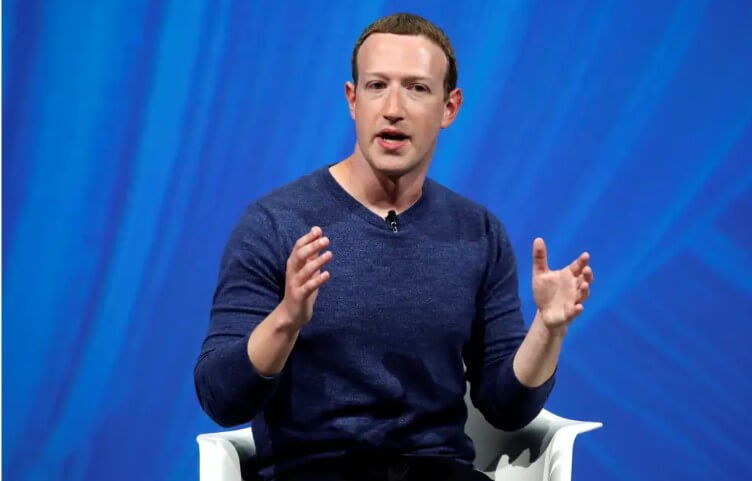Mark Zuckerberg, the CEO of Meta, formerly known as Facebook, recently discussed a thought-provoking concept in an interview with podcaster Lex Fridman: the possibility of using Meta’s Metaverse platform to enable people to interact with virtual avatars of their deceased loved ones.

While this idea opens up new horizons in technology and human connection, it also raises complex questions about ethics, the boundaries of reality, and the potential consequences of such a venture.
You might also be interested: Meta’s Avatar Innovation: Mark Zuckerberg’s VR Revolution
A Glimpse into the Future
During the podcast interview, Mr. Fridman inquired about the potential application of Meta’s technology to communicate with departed friends and family. He asked Zuckerberg if he envisioned a future where people could use the Metaverse to engage with virtual representations of their loved ones who have passed away. The question touches upon a profound human desire to reconnect with those no longer physically present.
Zuckerberg’s response was a mix of caution and curiosity. He acknowledged the complexity of such an idea and the need to strike a balance. He suggested that while creating virtual versions of deceased individuals through the combination VR+AI is intriguing, it also has the potential to become “unhealthy.”
The Promise and Perils of Digital Immortality

The notion of creating digital avatars of the deceased is not entirely new. Over the years, technology has advanced, where AI algorithms can generate lifelike virtual characters. These digital replicas can be based on photographs, videos, and memories of the departed. This innovation opens the door to numerous possibilities and raises important questions.
Ethics and Boundaries
One of the primary concerns surrounding the idea of interacting with virtual avatars of the deceased is ethical. While it may offer solace to grieving, it could also lead to complex emotional and psychological issues. Determining the boundaries and limitations of such interactions is essential to avoid potential harm or exploitation.
Privacy and Consent
Creating digital representations of individuals who have passed away raises questions about privacy and consent. Who would have the authority to decide whether a virtual avatar of a deceased person should be created? Would it be the family, the individual while alive, or the technology company itself? These issues require careful consideration and regulation.
The Uncertain Impact on Grief…
Grief is a deeply personal and emotional process. While interacting with a virtual avatar of a loved one might seem comforting, it could also hinder the grieving process by potentially preventing closure and acceptance of loss. The psychological impact of such interactions on individuals must be thoroughly examined.
Technological Challenges
The practical aspects of creating convincing and emotionally resonant virtual avatars also present substantial challenges. Achieving high realism and emotional depth in these avatars requires advanced AI, significant computational power, and vast datasets. Ensuring these avatars stay in the uncanny valley, where they appear unsettlingly close to reality but not quite, is crucial.
Societal and Cultural Implications
Society’s acceptance of such technology, as well as the various cultural perspectives on life, death, and the afterlife, could significantly influence this endeavor’s success and ethical implications. Careful consideration of these factors is essential.
The Road Ahead
Mark Zuckerberg’s musing on the potential for the Metaverse to facilitate interactions with avatars of the deceased has ignited a profound discussion on the convergence of technology, ethics, and human emotions. While the idea of reconnecting with loved ones who have passed away through virtual means may seem like a sci-fi concept, it serves as a reminder of the continuous evolution of technology and its potential to redefine our lives.
As we embark on the journey into the uncharted territories of the Metaverse, we must remain vigilant and considerate of these technological advancements’ ethical, emotional, and societal implications. This thought-provoking concept, while full of potential, also reminds us of the profound responsibility of shaping the future of human connection through technology.

